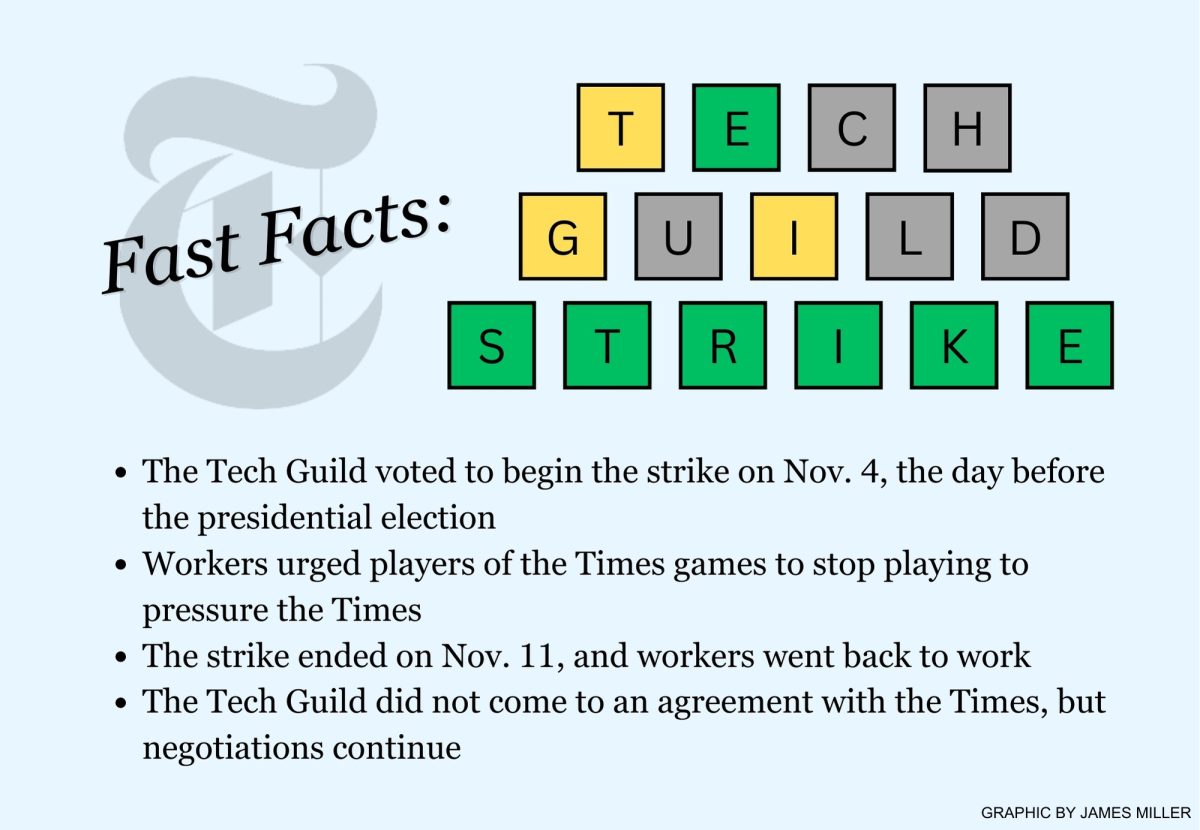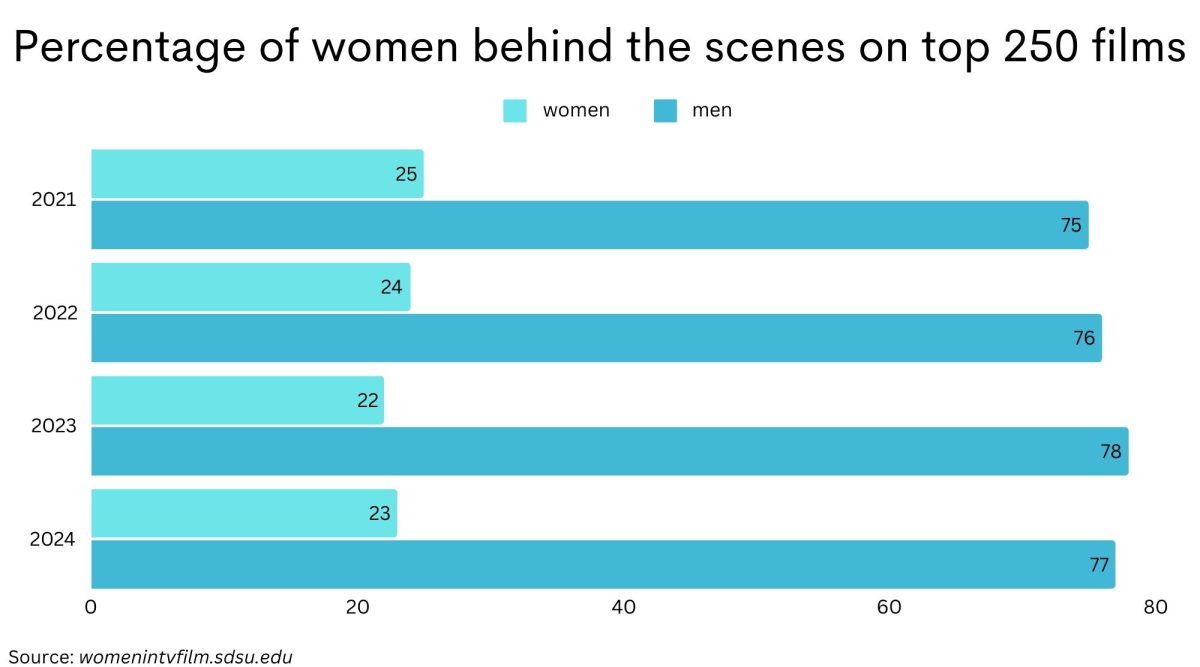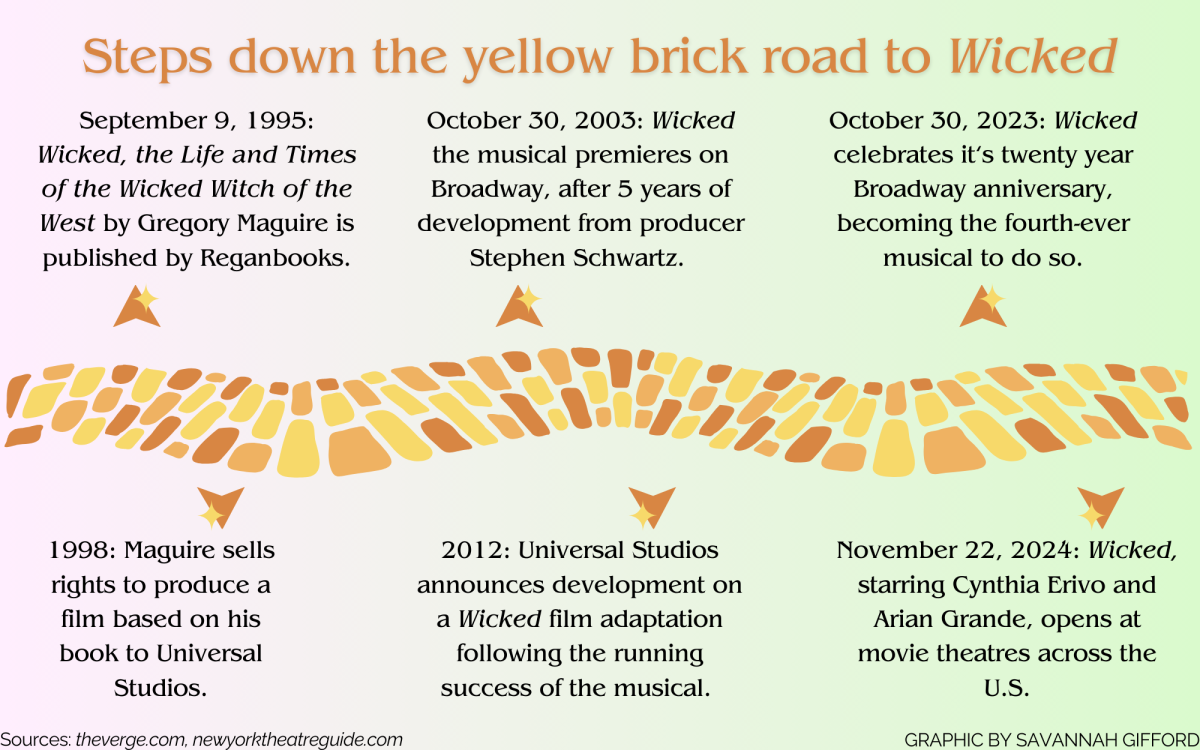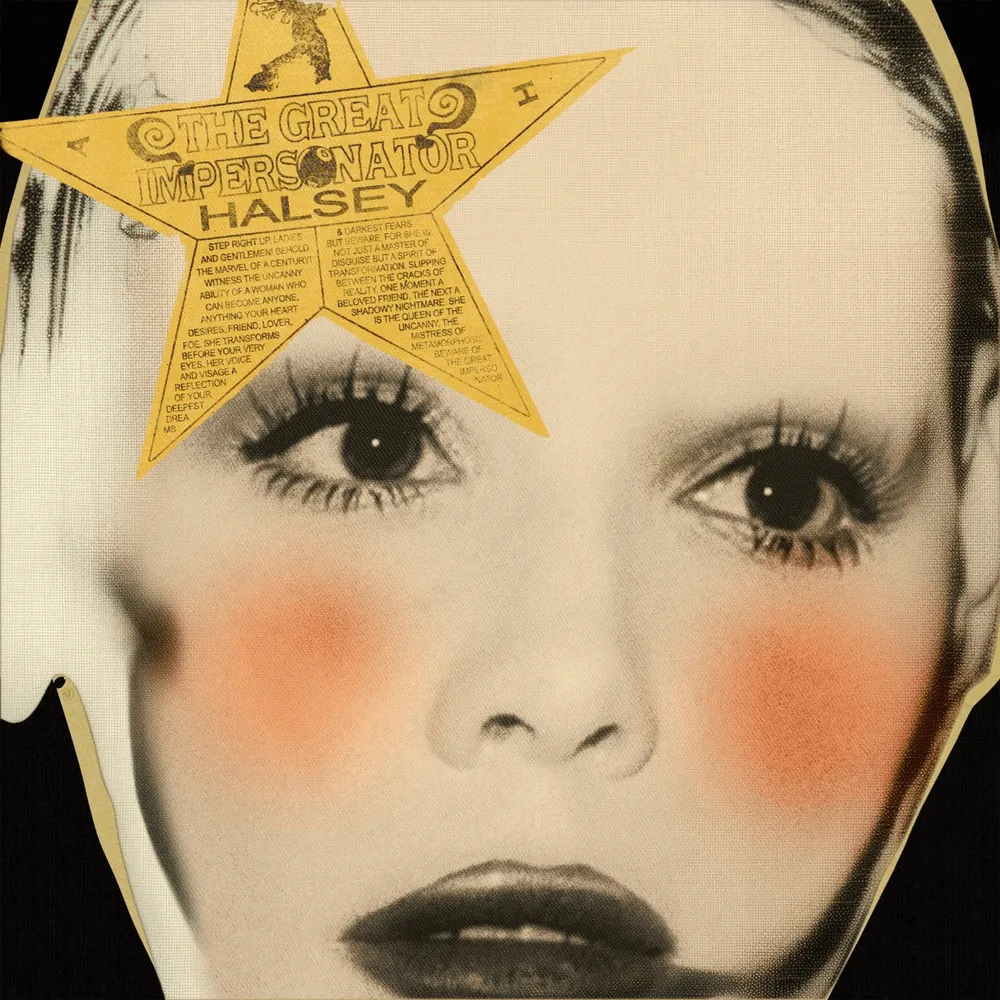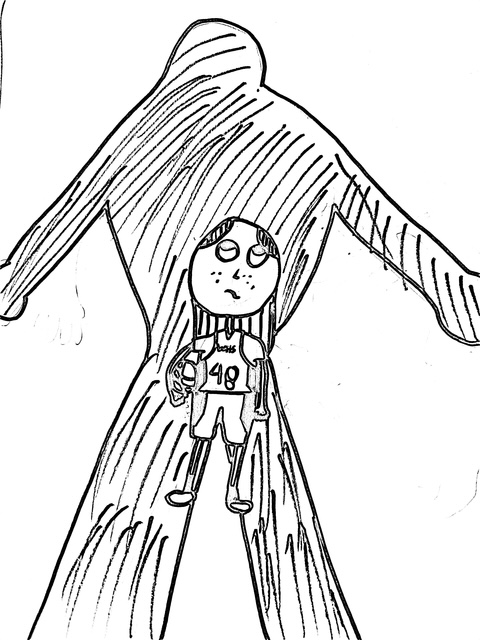Review: On April 24, 2024, the Pet Shop Boys, an English duo formed in 1981, released their 15th album, a synth–pop album, titled Nonetheless. The album showcases how duo members Neil Tennant and Chris Lowe are still at the forefront of their creative abilities, including 10 tracks in the Pet Shop Boys’ distinctive and innovative style that has stuck with them since the ‘80s.
The album opens with a dramatic, upbeat song called “Loneliness,” which, as its title implies, explores elements of solitude and isolation that set the stage for the rest of the album. It demonstrates a fresh batch of lead singer Neil Tennant’s unchanged, unique vocal performance, singing lyrics generalizing feelings of isolation. The only issue with this track is its repetition and length, being tediously long at five minutes and 37 seconds.
Following the introduction of this piece unveils “Feel” and “Why am I dancing?”. The former track faces the same issue as “Loneliness,” being overly repetitive and lengthy, repeating lyrics that are too generalized to tell what the message is. The latter song, “Why am I dancing?”, uses lyrics expressing hopelessness and the same themes as “Loneliness,” with a slightly more pessimistic. Both tracks have dry and uninteresting instrumentals that are very predictive.
The fourth track is called “New London boy,” whose lyrics match the others’ mysterious and isolated feelings combined with a look into Tennant’s younger years, as seen by the title of the song. The instrumentals contrast with those of the rest of the songs so far, being slower and less upbeat. The musical fashion of the Pet Shop Boys’ songs is reflected well in this track, having similar sounds to the Pet Shop Boys’ biggest hit, “West End Girls,” as seen in the cutoff of the mysterious synth melody in some parts and Tennant’s rapping over drumming and punchy bass.
“Dancing star” offers an echoey, optimistic vibe with strings, catchy synth chords, and ear–pleasing vocal harmonies. The lyrics combat the album’s melancholy message that overtook it in the first half, adding a brighter set of lyrics describing the listener as a daring protagonist of their own fruitful life. The length is perfect for the experience with an ending that leaves a smile on the listener’s newly upbeat heart.
“A new bohemia” again references Tennant’s younger years and returns to the dejected, melancholic lyrics seen before the last song, despite the instrumentals mirroring the previous track’s bright chords on strings with a slower style. The majority of the lyrics sing of regrets with wishes of a different life. There’s a hint of hopefulness in the chorus, which ends with “I need to find a new bohemia.”
“The schlager hit parade,” while not too long, is repetitive and doesn’t cover most of the potential it sets up at the start. Both this piece and “The secret of happiness” are relatively dry instrumentally; and while their lyrics stray from the style of most of the lyrics, they are a little harder to understand and piece together. It’s possible that this was a result of random mysterious, descriptive words thrown into phrases of a common theme that were glossed over.
“Bullet for Narcissus” combats the slow attitude of “The secret of happiness,” with a catchy guitar riff over bass synth chords, soothing strings, and a groovy beat. Tennant sings, in a satisfying melody with completing lyrics, of protecting and looking out for “Narcissus.”
Reaching the final song, “Love is the law,” it’s apparent that another big element of some of the songs are generalized lyrics about life, similar to their hit “West End Girls,” which describes concerns of social classes and inner–city pressure. In this case, Tennant sings about love, describing it as something that is everywhere and can be a gift or a curse. The slower tempo and higher–reaching melody don’t emulate the same feelings as “West End Girls,” and are more dramatic than anything, matching the tone of the lyrics.
This album was relatively mediocre on average compared to the Pet Shop Boys’ best songs. Some songs were excellent, such as “New London boy” and “Dancing star,” while others brought down the average by a lot, such as “Feel” and “A new bohemia”. It seems as though they tried to modernize their music and general choice of sounds, but it was the tracks that resembled their older music that were more enjoyable.
It wasn’t a disappointing revisiting of the classic duo, however, seeing as the pair haven’t failed to keep their exclusive style of music, with meaningful synth chords, sharp bass sounds, and innovative use of the drums. Tennant’s vocals and harmonies combined with Lowe’s instrumentals prove to complement each other well still, and ultimately this album is worth an open–minded listen.



